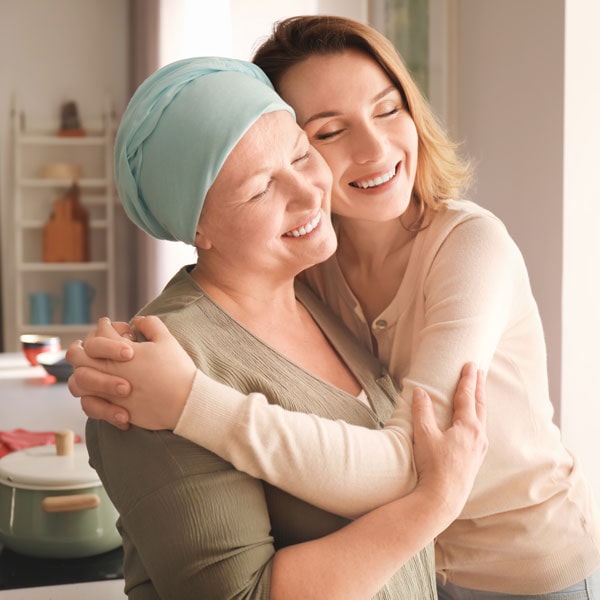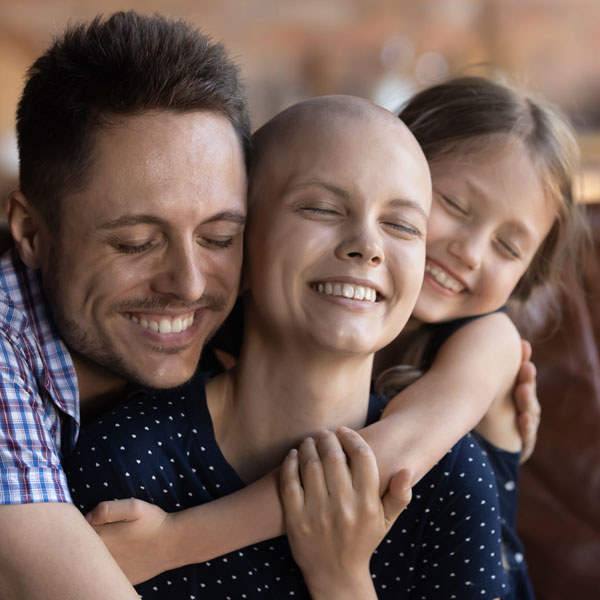Discover the Power of the Create to Heal® Program
Our Mission
Women with Wings is a teaching non-profit and inspirational content provider that bridges the gap between the clinical side of medicine, health and wellness, and whole person care. While our roots are in cancer and chronic pain, our mission and role over the last 15 years has expanded to include behavioral and mental health, wellness centers, and retreats.
Our inspirational programs, products, and services use all forms of art, including meditation and visualization, music, hypnotherapy, the color and motion of art, and creative writing to help people heal emotionally, spiritually, and physically.
Discovering one’s creative instincts brings joy, faith, and hope to the healing process.
Who We Serve

Hospitals & cancer centers

Cancer foundations

Domestic violence foundations

Wellness, Resorts, Spas
Our Offerings

Create to heal for patients and clients
Hire us to facilitate ongoing Create to Heal classes for patients and caregivers. Benefits include stress-reduction and feeling empowered to participate in their healing process.

Create to heal for healthcare leaders
If you want to adopt a compassionate care model for your patients and staff, hire us to train your leaders in Create to Heal protocol. It’s all about preventing burnout!

Programs & services

CREATE TO HEAL Hypnotherapy
Hypnosis provides a way to bypass the critical, analytical mind and speak directly to the subconscious—where change can happen more quickly and deeply than with willpower or conscious effort alone.
